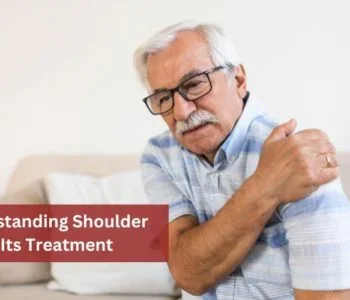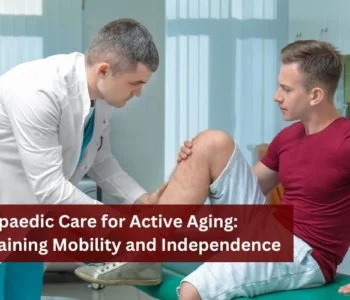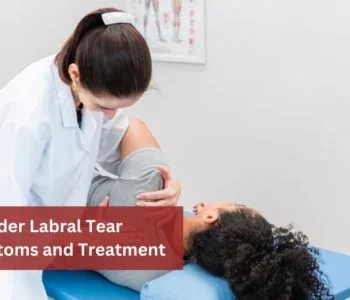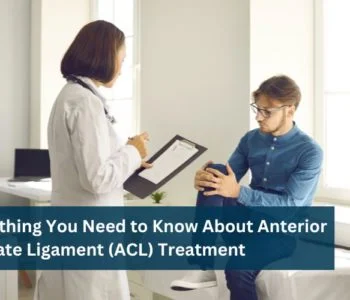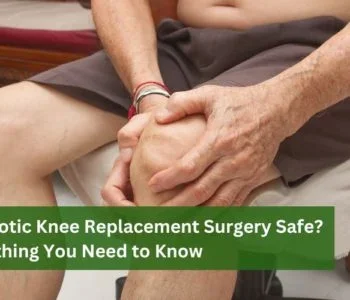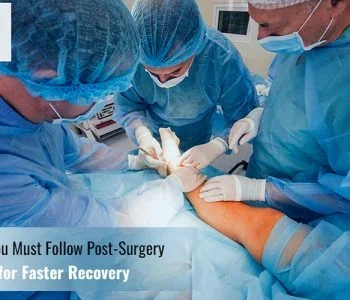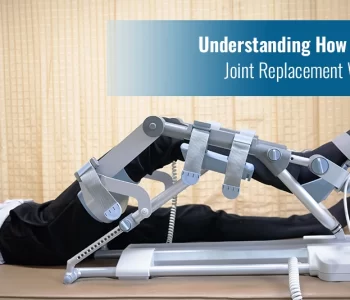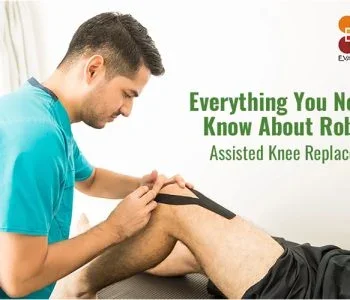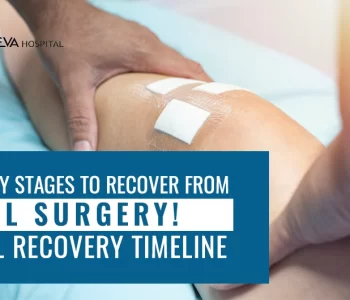Rotator Cuff tear – Causes & Risk factors
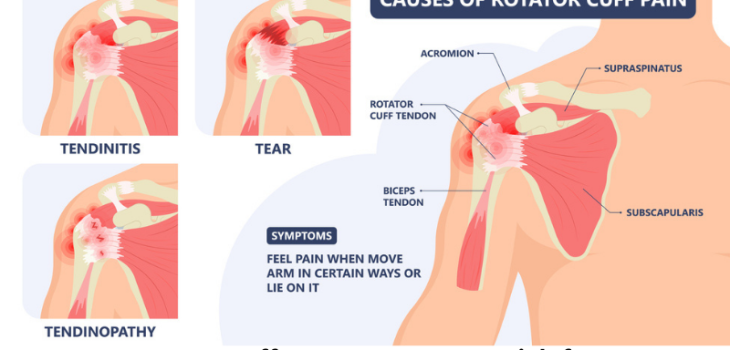 Eva Hospital
Eva Hospital
Rotator Cuff tear – Causes & Risk factors
Rotator Cuff tear – Causes & Risk factors
A rotator cuff tear is a common shoulder condition in adults. The most prominent symptoms are pain at rest and at night, especially while lying on the affected side.
The shoulder is a ball and socket joint.
It constitutes three bones- the humerus, the clavicle, and the scapula( upper arm, collar bone, and the shoulder blade). The head of the humerus is the ball that fits into the socket of the scapula.
A group of muscles and tendons called the rotator cuff, covers the ball and keeps it stabilized inside the socket of the shoulder, and helps you lift your arms or rotate them.
It makes simple tasks like brushing your hair or dressing up very difficult & painful.
Rotator cuff tears are of two types – partial tear and complete tear. When only one of the muscles is torn, it is partial RCT. The one that goes deep through the tendons and rips it apart from the bone is a complete rotator cuff tear.
Causes
RCT or rotator cuff tears happen due to two main reasons, namely, injury or wear and tear of the tissues. Injuries may be in the form of a fall on the shoulder, or a sudden forceful impact.
If a person repeats overhead actions(like that of bowling in cricket) or lifts heavyweights over a considerable period of time, it degenerates and tears the tendons located in the joint.
Tears may happen gradually over time or may occur suddenly as well.
Injury is very common, experienced by most players, especially those who play sports such as basketball, tennis, or volleyball.
It is also related to occupation and occurs as a result of repeated use of the same set of muscles over an extended period of time. Painters, musicians, or cleaners are more prone to such wear and tear.
Risk Factors
Some people are more susceptible to rotator cuff tears than other people. The main risk factors include
Age: The wear and tear that naturally occurs with advancing age make persons over 40 years more vulnerable to degenerative RCT injury.
They may be sportspersons, physically active people, or adults with a normal amount of activity.
Younger adults do not have degenerative tendons unless they have a serious medical condition. The risk factor for people below the 40 age group is a traumatic injury, such as falling.
Statistically speaking, shoulder tears are seen most commonly in citizens above 60 years of age.
Athletes: Athletes are especially prone to overuse tears, particularly cricket, rugby, tennis, and volleyball players.
Certain movements in games put a strain on the same set of muscles repeatedly, which cannot be avoided.
However, precautions can be taken while training, giving importance to warming up, stretching, and strengthening exercises. l
Construction workers: Your occupation also puts you at risk of rotator cuff degeneration if your job involves lifting weights or repetitive arm movements.
Construction workers like labor, carpenter, mason, or painter have jobs in which they are mostly working with their hands above the shoulder level, throughout the day.
As a preventive measure, they must avoid this overuse, keep taking breaks and perform warm-ups and strengthening exercises to avoid degeneration.
Family history: Rotator cuff injury has been found to be linked to genetics as well. If there have been incidences of RCT in your family, it makes you more vulnerable to injury and care must be taken.
Treatment Options for Rotator Cuff Repair
A rotator cuff tear can be treated surgically or non-surgically. Many partial tears or sometimes complete tears also respond well to non-operative treatment.
However, acute tears, especially in young adults are better treated with surgery if they have a risk of damaging the rotator cuff entirely.
Shoulder arthroplasty and shoulder replacement are the two surgical options in severely damaged cases.
The line of treatment depends entirely on the individual patient, and factors such as age, the severity of pain, and the range of motion. Arthroplasty is a minimally invasive surgical technique.
Dr. Tanveer Singh Bhutani, one of the best shoulder replacement surgeons in India, shares,” the basic aim is to promote good musculoskeletal health of the shoulder, improve flexibility and relieve pain.
The decision for surgery is only taken after comprehensive testing, diagnosing and evaluating the patient based on his/her lifestyle requirements.”
With his expert team of orthopedic surgeons, therapists, psychiatrists, and more, he has helped in the rehabilitation of several people in curing shoulder and sports injuries.
For expert diagnosis and rehabilitation of shoulder injuries, you can make an appointment at the Ludhiana clinic.
